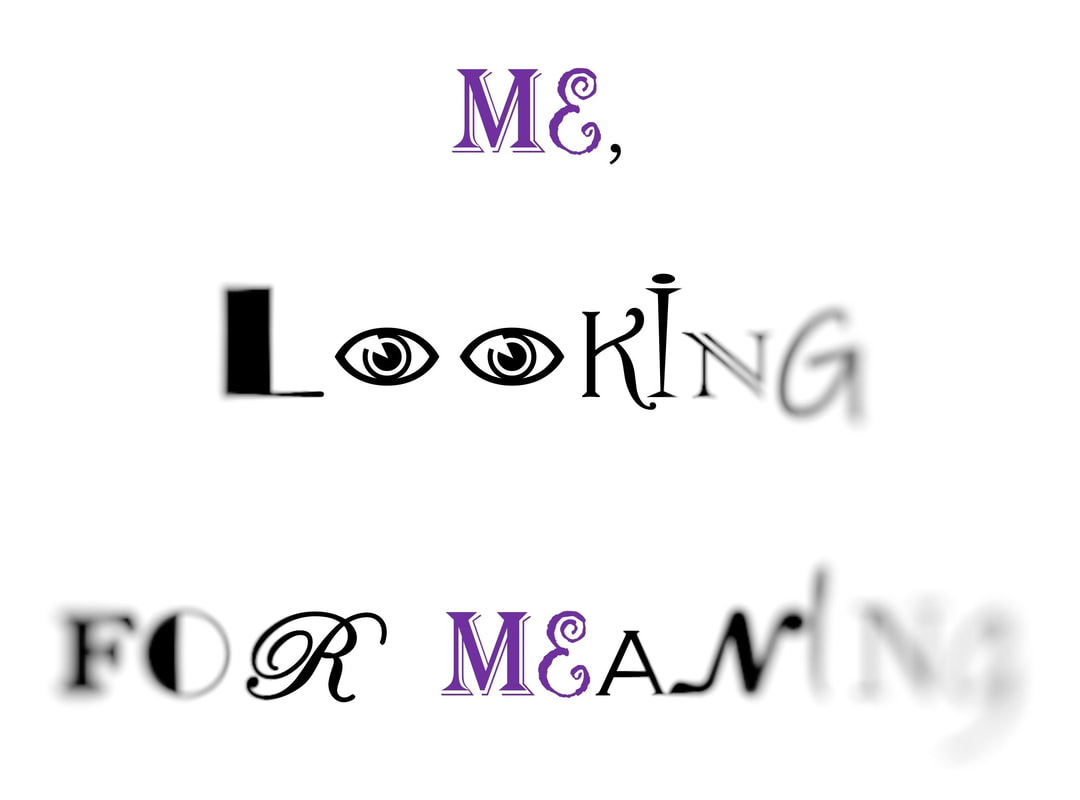"It Is What It Is"
PAGE IN PROGRESS
What you see here is a page of my hypertext book Me, Looking for Meaning. Initially empty, it will slowly be filled with thoughts, notes, and quotes. One day, I will use them to write a coherent entry, similar to these completed pages. See this post to better understand my creative process. Thank you for your interest and patience! :)
What you see here is a page of my hypertext book Me, Looking for Meaning. Initially empty, it will slowly be filled with thoughts, notes, and quotes. One day, I will use them to write a coherent entry, similar to these completed pages. See this post to better understand my creative process. Thank you for your interest and patience! :)
For a curious mind, nothing should be taken for granted.
Something is "just" something is only if we are choosing to stop at this explanation. It's a matter of choice not to explore the complexity (which can be understandably troubling). It is a choice of interpretation. [Quote from my dissertation: "some things just are what they are"]
It is an attractive position for our brain: status quo bias. My thinking about daycares (it's difficult to find childcare, but it is what it is)
maybe “it is what it is” could work for the natural order, but the social/cultural order is based on things that aren’t just because they are. However the belief that things in society and culture are what they are is exactly what keeps these things in existence. The social order exists because people accept it as something natural, which it is not. Admitting that it is not natural and that it’s just one of many ways things could be could create chaos. (Harari discussed this in Sapiens)
Questioning the social order is something most people naturally avoid. Is this the reason why social sciences and humanities (which explore the artificial social order) are less valued than social sciences?
my friend John Slocum said this during a discussion about religion: “You imbibe stuff and you are not aware of how deeply you imbibe it, and then it take years to shed
About this project: Start page
Something is "just" something is only if we are choosing to stop at this explanation. It's a matter of choice not to explore the complexity (which can be understandably troubling). It is a choice of interpretation. [Quote from my dissertation: "some things just are what they are"]
It is an attractive position for our brain: status quo bias. My thinking about daycares (it's difficult to find childcare, but it is what it is)
maybe “it is what it is” could work for the natural order, but the social/cultural order is based on things that aren’t just because they are. However the belief that things in society and culture are what they are is exactly what keeps these things in existence. The social order exists because people accept it as something natural, which it is not. Admitting that it is not natural and that it’s just one of many ways things could be could create chaos. (Harari discussed this in Sapiens)
Questioning the social order is something most people naturally avoid. Is this the reason why social sciences and humanities (which explore the artificial social order) are less valued than social sciences?
my friend John Slocum said this during a discussion about religion: “You imbibe stuff and you are not aware of how deeply you imbibe it, and then it take years to shed
About this project: Start page
